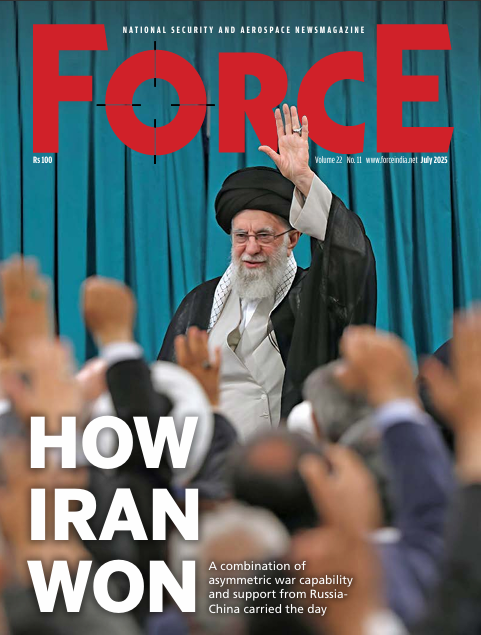Mind Over Matter | Better be Prepared
 Maj. Gen. Mrinal Suman (retd)
Maj. Gen. Mrinal Suman (retd)
A risk is a measure of danger or a threat that arises out of future uncertainties. All plans are based on certain premises and a premise is a belief. It presupposes that all elements will perform and deliver as anticipated. However, future never follows the predicted pattern. When deviations occur, the plans go awry and threaten viability of a project. Plans can be salvaged and put back on track only in case the likely hurdles had been foreseen and contingency plans evolved to overcome them. Defence acquisitions are a long-drawn process involving a host of agencies with myriad disciplines. Despite the best efforts, things do not move as expected. Hence, risk management acquires immense importance.
Sluggish modernisation of the Indian armed forces has been a cause of serious concern to all who are concerned with national security. One of the primary reasons for non-conclusion of contracts and surrender of funds is India’s inability to ensure that all procurement proposals get processed as per the laid down guidelines and without getting afflicted with infirmities. As per a rough estimate, less than 50 per cent proposals fructify into supply orders. Most have to be aborted mid-way due to various failings including non-adherence of policy provisions at different stages. The magnitude of the problem can be gauged from the fact that 41 procurement proposals had to be withdrawn solely due to the inadequacies of the qualitative requirements during 2011-12.
Every time a proposal is withdrawn midway, the country and the services suffer. Initiation of a revised proposal entails a delay of three-five years. In the interim, the services remain deprived of the equipment. Allotted funds remain unexpended and have to be surrendered. Worse, the country has to suffer cost escalation due to inflation. Therefore, it is in our national interest to ensure that all procurement proposals result in contracts without any hitch.
It is often said that ‘if anything can go wrong, it will’. Even the best of the plans rarely follow the premeditated path. There will always be holdups, glitches and delays. It is prudent to anticipate possible snags well in advance and be prepared for all such eventualities. It is essential to be organised for initiating restorative plans before the procurement proposals suffer irreparable damage and have to be abandoned. To be able to ensure that, it is necessary to be aware of the likely risks and their diagnostic needs. It is only then that the remedial measures can be prescribed.
Key Imperatives of Defence Acquisitions
A defence acquisition system is a management process by which a nation provides effective, affordable and timely defence systems and equipment to its armed forces. A large number of inter-dependent variables have to be factored in to provide required equipment to the armed forces in an expeditious and cost-effective manner. There are three basic imperatives that dictate evolution of all acquisition procedures – the acquired equipment must satisfy the Services Qualitative Requirements (SQR) specified by the armed forces; the required quantity must be delivered as per the mandated schedule; and the cost must be kept within the limits of the sanctioned budget. As shown in Illustration 1 below, these key attributes are intrinsically interlinked and are mutually dependent. For example, a defence system loses its value if it fails to achieve SQR or is not delivered within the required
Subscribe To Force
Fuel Fearless Journalism with Your Yearly Subscription
SUBSCRIBE NOW
We don’t tell you how to do your job…
But we put the environment in which you do your job in perspective, so that when you step out you do so with the complete picture.








